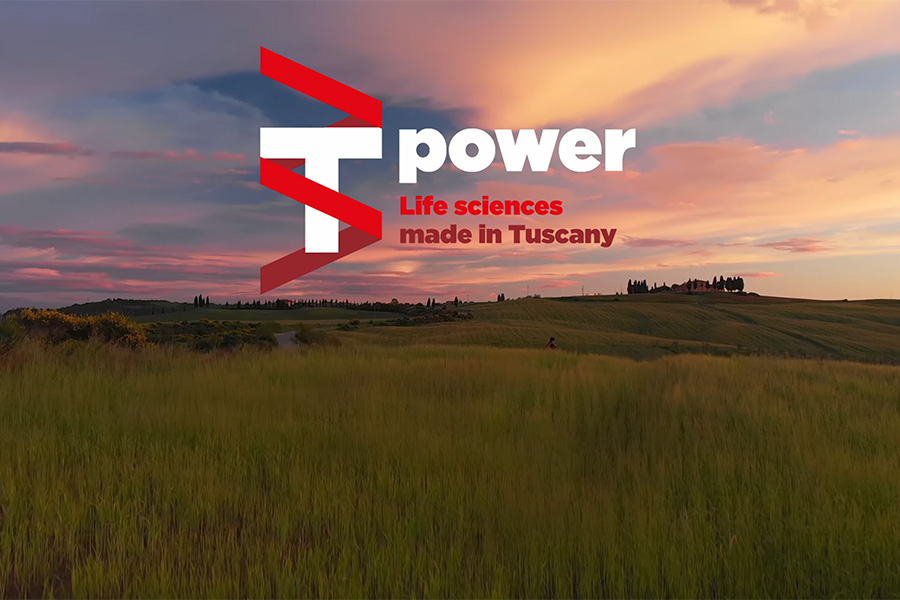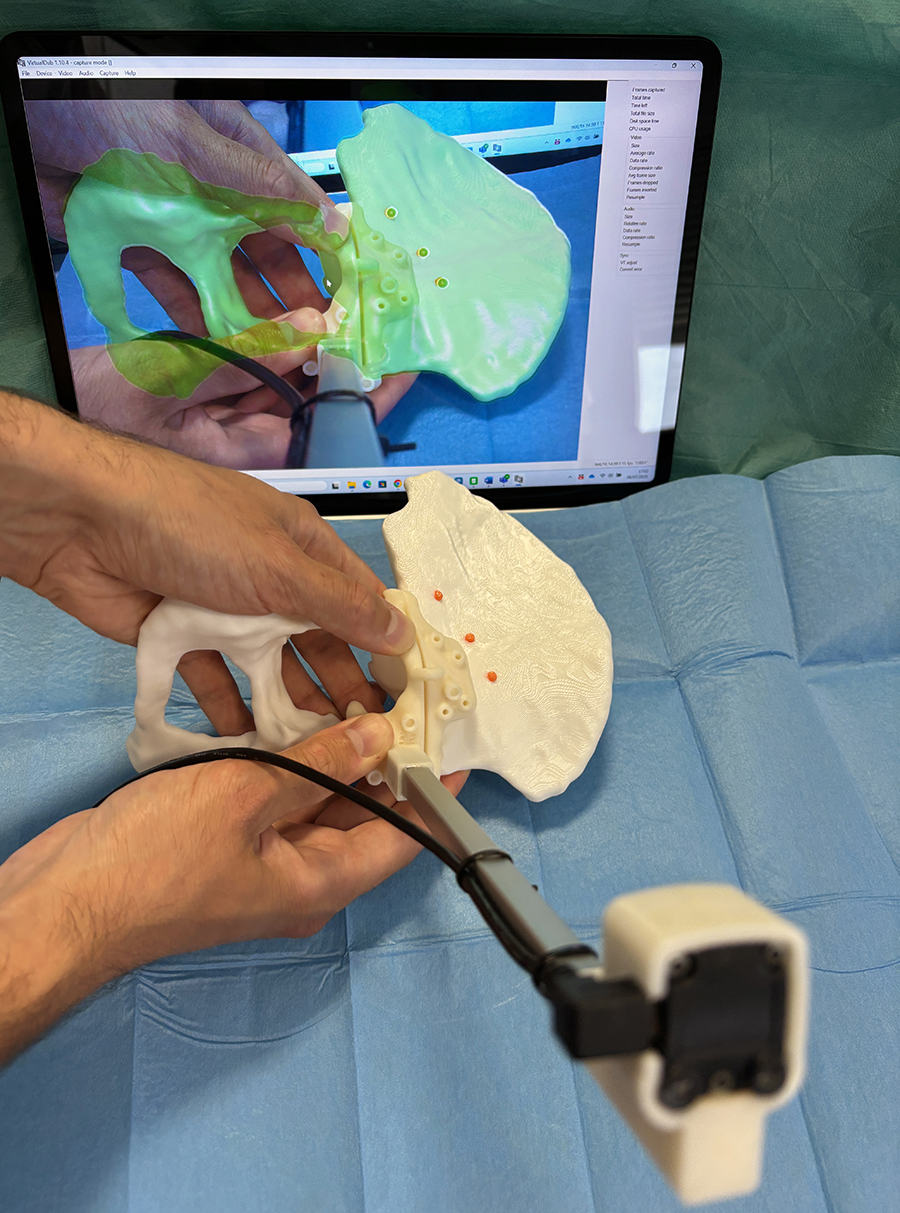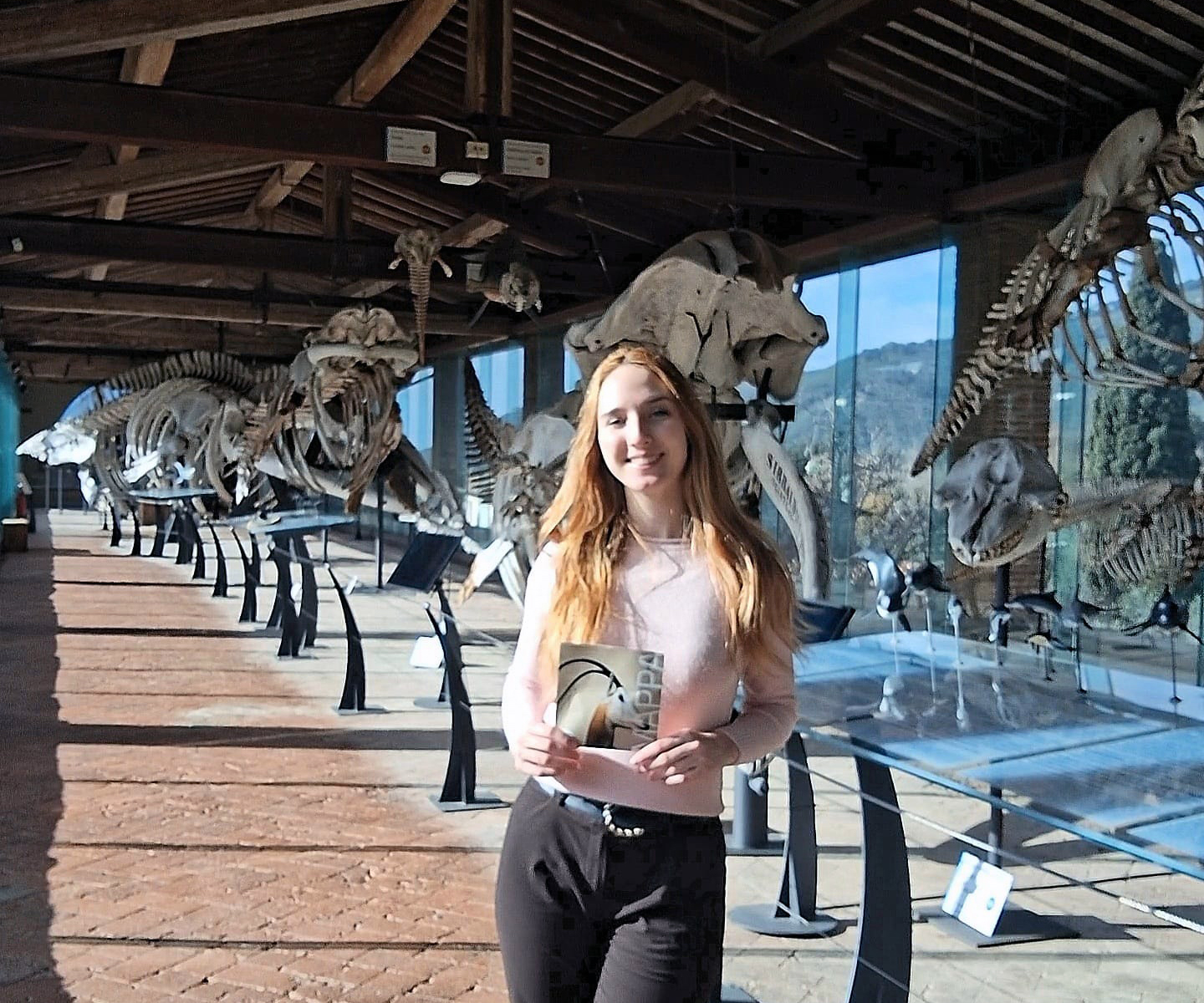Tuscan research is taking centre stage in Japan with a project combining cutting-edge technology, health, and art, in the spirit of scientific excellence. On 17 and 18 July, the Osaka Expo will host “T-POWER: Life Sciences Made in Tuscany. Innovating for Saving, Empowering, and Connecting Lives,” a Life Sciences project stemmed from a partnership coordinated by the University of Florence, involving the universities of Pisa, Siena, the University for Foreigners of Siena, Scuola Normale Superiore and Scuola Superiore Sant’Anna of Pisa, and the National Research Council – National Institute of Optics (CNR-INO).
T-POWER draws inspiration from the Tuscany Health Ecosystem (THE), an innovation ecosystem funded by the National Recovery and Resilience Plan (PNRR), representing a unique model of cooperation in Italy between higher education, scientific institutions, industry, healthcare systems, and the community.

The project’s pillars include innovations in precision diagnostics and personalised medicine, robotic technologies and assistive solutions, as well as initiatives for social well-being and inclusion.
Within the Italy Pavilion, the T-POWER space will feature a permanent video installation curated by the University of Florence, illustrating the Tuscan model of an integrated Life Sciences ecosystem aligned with the three priorities of the Osaka Expo: saving lives, empowering lives, and connecting lives. The video will showcase the technological and scientific advances in Tuscan Life Sciences and their impact on individuals and communities, integrating historical-artistic elements and local distinctiveness.
Visitors will be able to discover and explore biomedical innovations in precision diagnostics and personalised medicine, robotics, and social well-being, thanks to the exhibition—coordinated by the University of Pisa—of prototypes that can be seen in action during morning demonstrations presented by researchers from the project partners and developed within the THE framework.
“We are proud to contribute to this important project with a dynamic and accessible exhibition designed to showcase the value of applied research in Life Sciences through concrete experiences. The University of Pisa will present advanced biomedical solutions developed within the THE project, aiming to foster international scientific dialogue and highlight the impact of technology on human health and well-being,” said Professor Vittoria Raffa, Rector’s Delegate for Life Science Research. “The University of Pisa will showcase advanced biomedical solutions developed under the THE project, aiming to foster international scientific dialogue and highlight technology’s impact on health and people’s well-being.”
In the afternoon, the T-POWER space will host thematic meetings and workshops coordinated by CNR Pisa, focused on cancer research, neuroscience, advanced radiotherapies, active ageing, and precision medicine. These sessions will provide opportunities for exchange and collaboration with Japanese universities, research centres, and companies, aiming to strengthen international scientific dialogue and foster new synergies.
T-POWER aims to serve as a global connection hub, promoting shared solutions for future health challenges, aligned with UN Sustainable Development Goals.
The University of Pisa’s Contribution
 As part of the T-POWER: Life Sciences Made in Tuscany project, the University of Pisa is curating the exhibition space dedicated to prototypes and innovative technological solutions, including an Augmented Reality experience that simulates the use of guidance systems for surgical procedures, developed by Professor Vincenzo Ferrari and Dr Marina Carbone. The installation will offer visitors direct interaction with technologies developed within the Tuscany Health Ecosystem (THE) project, funded by the National Recovery and Resilience Plan (PNRR), aiming at promoting an integrated innovation model in the Life Sciences sector.
As part of the T-POWER: Life Sciences Made in Tuscany project, the University of Pisa is curating the exhibition space dedicated to prototypes and innovative technological solutions, including an Augmented Reality experience that simulates the use of guidance systems for surgical procedures, developed by Professor Vincenzo Ferrari and Dr Marina Carbone. The installation will offer visitors direct interaction with technologies developed within the Tuscany Health Ecosystem (THE) project, funded by the National Recovery and Resilience Plan (PNRR), aiming at promoting an integrated innovation model in the Life Sciences sector.
The University of Pisa contributes its scientific and technological expertise to enhancing regional excellence in the fields of personalised medicine, health robotics, and social well-being. This initiative is part of a broader framework of international cooperation aimed at strengthening dialogue with Japanese universities, research centres, and industries, fostering synergies to address global health and sustainability challenges.



